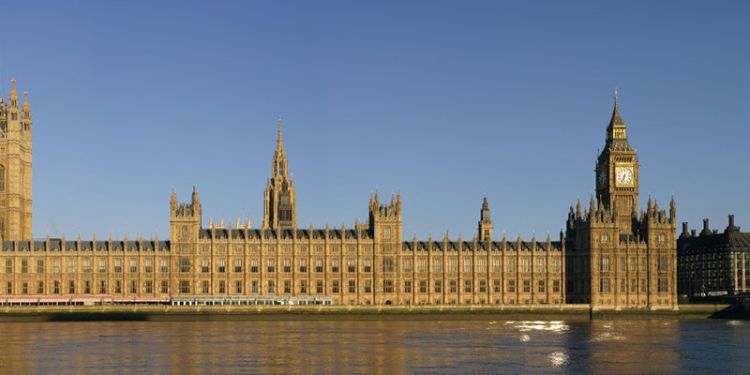Dr Jörg Wiegratz on IPE's strategic silence on capitalism and moral order

Dr Wiegratz argues that up to now there has been limited political economy scholarship engaging with matters of moral economy, which contrasts the surge in the areas of anthropology and sociology.
He discusses how the moral properties of the capitalist economy have barely been investigated from a political economy perspective, ‘especially when it comes to matters of production, exchange, class, exploitation, accumulation, power and the state’.
He highlights some International Political Economy (IPE) scholars who work on morality/moral economy matters (eg Best, Brassett, Clarke, Holmes, Langan, Montgomerie, Sinclair, Tepe-Belfrage, Watson); yet argues that field work to collect primary data on the theme is negligible.
At this point Jörg introduces two new books that he’s been involved in which contribute to the slowly emerging scholarship on the politics of moral economy. In the collection on Neoliberalism and the Moral Economy of Fraud scholars from a range of disciplines including sociology, anthropology, political science, social policy and economics, employ case studies from the Global North and Global South to explore how particular values and norms rendered dominant by neoliberalism are encouraging the proliferation of fraud.
The blog goes on to focus on the monograph titled Neoliberal Moral Economy: Capitalism, Socio-Cultural Change and Fraud in Uganda (the introduction is available for free on the blog). It introduces some of the key themes and arguments and highlights the importance of the topic for debates on neoliberalism and foreign interventions in the Global South.
Using the case of Uganda and in particular the phenomenon of fraud in agricultural trade as an entry into some key aspects of the (cultural) political economy, Jörg discusses how the book analyses the genesis and operation of a ‘market society’ in an African country.
The book follows up and investigates empirically some of the points made in the literature about neoliberalism in general and neoliberal Africa in particular, especially concerning the expected cultural (and especially moral) changes brought about by neoliberal reforms(Jörg argues that we can see neoliberalism also as a cultural programme). He discusses the inspirations behind the research, including Graham Harrison’s idea of neoliberalism as well as the work of Stephen Gill and analysis beyond the scholarly take of E. P. Thompson’s work on moral economy by reinterpreting its use.
Jörg goes on to discuss in detail four main arguments:
-
Whilst there is a body of research on the economic and political impacts of the neoliberal changes that swept through many African countries, there is less on the interrelated socio-cultural dimensions.
-
Promoters of neoliberal reforms have underplayed, misconstrued and/or disguised key aspects of the socio-cultural effects of the reforms, especially the fact that the reforms promoted, directly and indirectly, a particular capitalist moral reordering (or what Jorg calls neoliberal moral restructuring).
-
Many ‘adjusted’ countries in Africa experience substantial fraud and corruption, and have done for years.
-
Imperialism has ravaged and restructured African societies for centuries, including their moral-economic structures.
Jörg finishes the blog post with a final question: if international financial institutions and Western donors have promoted reforms in Africa that have brought about societies characterised by high levels of economic fraud (and related significant social harm), should there not be a much more extensive and critical debate about donors, culpability and responsibility, reform experts and expertise, the legitimacy of dominant theoretical frames to debate and reform economy, state and society, and of course, about market society and capitalism in Africa?
For Jörg, this is both a key question for IPE and also an appeal for further investigation.




